Civil society PARCEM On Monday urged the Burundian government to liberalize fuel importation, saying that existing restrictions are deepening economic instability and driving up the cost of living as the country struggles with a prolonged fuel crisis.
“The government must understand that this is a fundamental issue that requires urgent action,” PARCEM said in a statement posted on X. “Fuel importation should be liberalized. Otherwise, forcing people to survive on just 20 liters of fuel per week is an impossible burden.”
The fuel crisis, which has persisted for more than three years, has severely impacted the country’s economy. The acute shortage of foreign currency has made it difficult to secure regular fuel imports, leading to widespread transport disruptions and price inflation.
Recently, the situation escalated in Ngozi Province, where public transport agencies reportedly halted operations, citing a lack of fuel. The transport crisis has led to speculation over fares, with vehicle owners forced to procure fuel from the black market at exorbitant prices—despite the risk of heavy penalties.
Throughout the country, residents report worsening inflation as a result of the ongoing shortage. “As long as fuel remains unavailable, things will continue to be difficult. Prices for foodstuffs keep fluctuating despite the government’s decision,” a resident said.
Over the past few months, the Burundian government intensified efforts to crack down on fuel smuggling, resulting in mass arrests and fuel seizures. Reports indicate that smuggled fuel was being transported from Tanzania and the Democratic Republic of Congo to meet demand.
However, PARCEM questions the effectiveness of these measures. “The government has said that smuggled fuel is prohibited, which is understandable,” the statement read, “but how can people manage with just 20 liters per week? It’s simply impossible.”
The organization also raised concerns about delays in fuel distribution. “Currently, each person is allowed only 20 liters of fuel per week after spending an entire day waiting in line. And in some cases, fuel runs out completely, forcing individuals to wait another week,” PARCEM said. “People are forced to walk long distances, losing valuable time.”
The government has offered contradictory explanations for the shortage. Some officials claim that fuel is available in Dar es Salaam but that transportation to Bujumbura is problematic. Others say that fuel has already arrived in Bujumbura but has been diverted, raising concerns over supply chain mismanagement.
In February, Burundi’s President Evariste Ndayishimiye exposed a massive fuel mismanagement scandal involving SOPEBU, the state-run petroleum company, leading to the dismissal of its leader. He revealed that 19 million liters of diesel and 12 million liters of gasoline vanished, accusing SOPEBU of smuggling and corruption while bypassing the government’s fuel-tracking system.
During a press conference held by spokespersons for public institutions last week, the Government Spokesperson and State Secretary-general Jérôme Niyonzima assured the public that the crisis will be resolved through the exportation of natural resources. “Very soon—sooner than people expect—we will start exporting minerals in containers. The dollars will come, fuel will be available,” he said.
With frustration mounting, PARCEM urges the government to take immediate action to prevent further economic deterioration. The organization emphasized the need for transparency in fuel procurement and effective management of foreign currency reserves to ensure consistent fuel imports.
“If the situation continues, it will be impossible to talk about economic growth or even the country’s Vision 2040/2060 development goals,” PARCEM warned.
The organization has called for a national consultation to bring together all stakeholders to discuss the crisis and propose long-term solutions. “The government must rectify the situation, as people are exhausted and deeply stressed,” according to the statement.

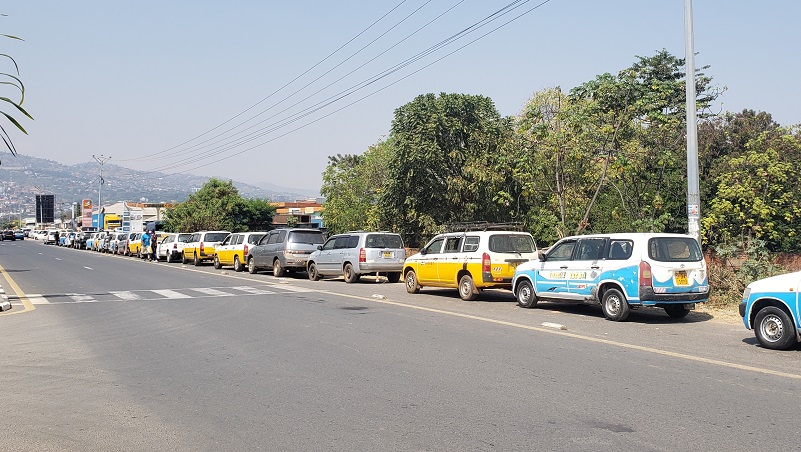
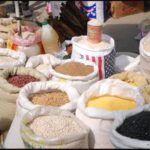

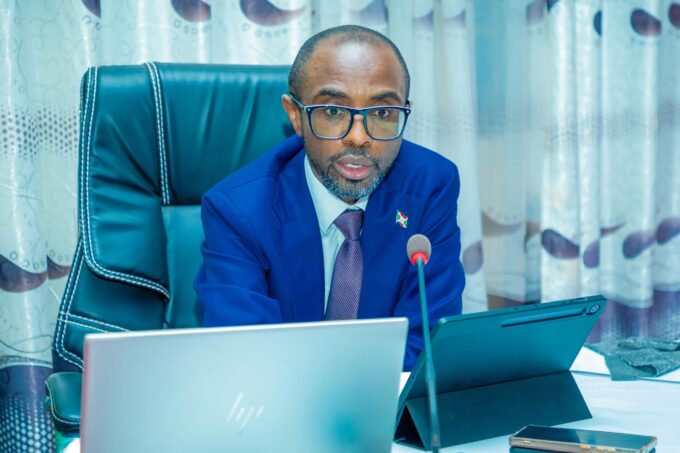

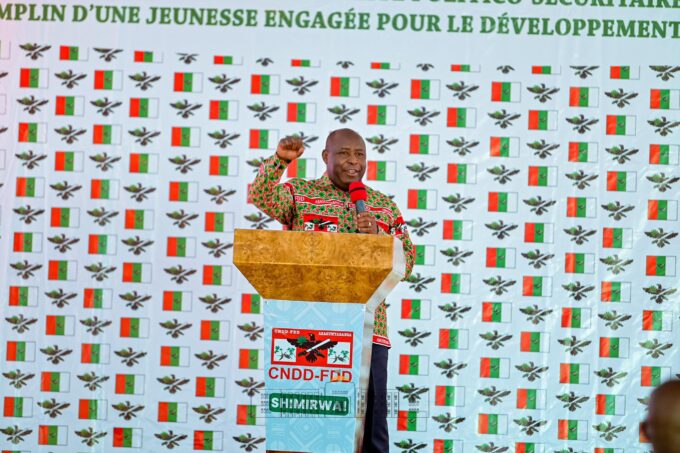
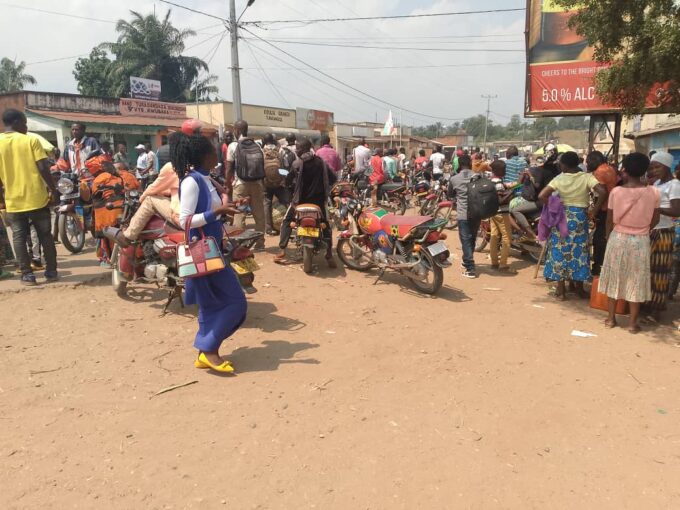
Leave a comment